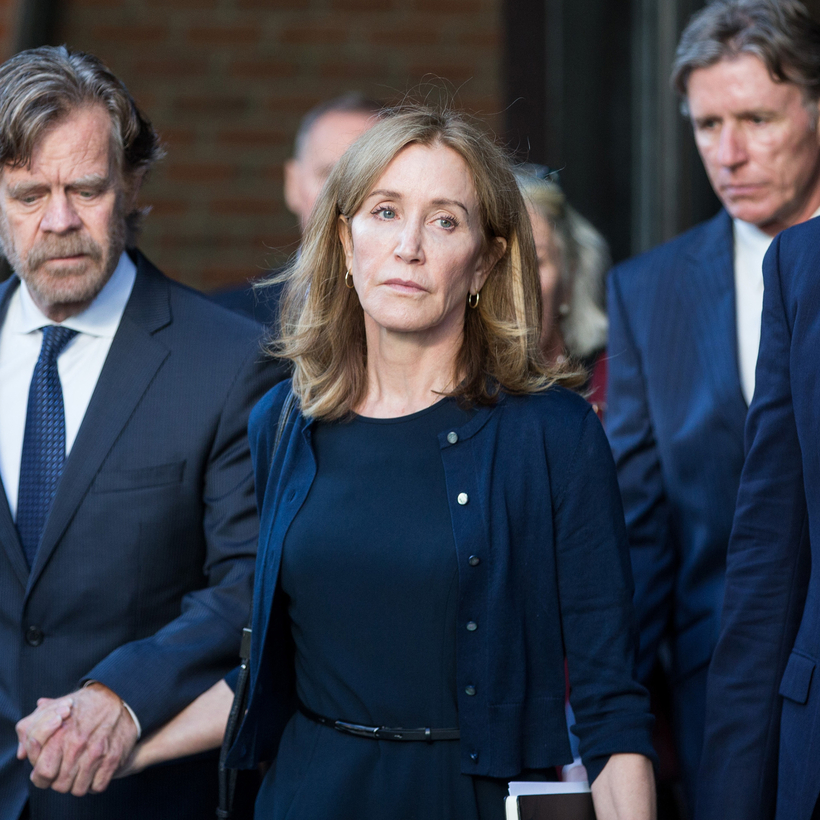In the wake of her hit show Desperate Housewives, Felicity Huffman was making a name for herself off camera as a counter-intuitive D.G.A.F. (“Don’t Give a Fuck”) mom expert. Her vehicle was the Web site What the Flicka? (Flicka was Huffman’s nickname growing up), which she’d started in 2012, just after Desperate Housewives—for which she won an Emmy—went off the air. Huffman realized how many women out there sympathized with her character on the show, Lynette Scavo, a harried working mother. Why not cater to that crowd and give herself a new marketing platform, not to mention a place where she could vent and wax on about her own real-life parenting woes?
Huffman had always been open about how anxious she was as the parent of two girls, whom she’d had with her husband and fellow actor, William H. Macy. Both of their daughters were diagnosed early on with learning disabilities, which only fed her concern. As she would write in a legal document, “From the moment my children were born I worried that they got me as a Mother. I so desperately wanted to do it right and was so deathly afraid of doing it wrong. My own fears and lack of confidence, combined with a daughter who has learning disabilities often made me insecure and highly anxious from the beginning.”

